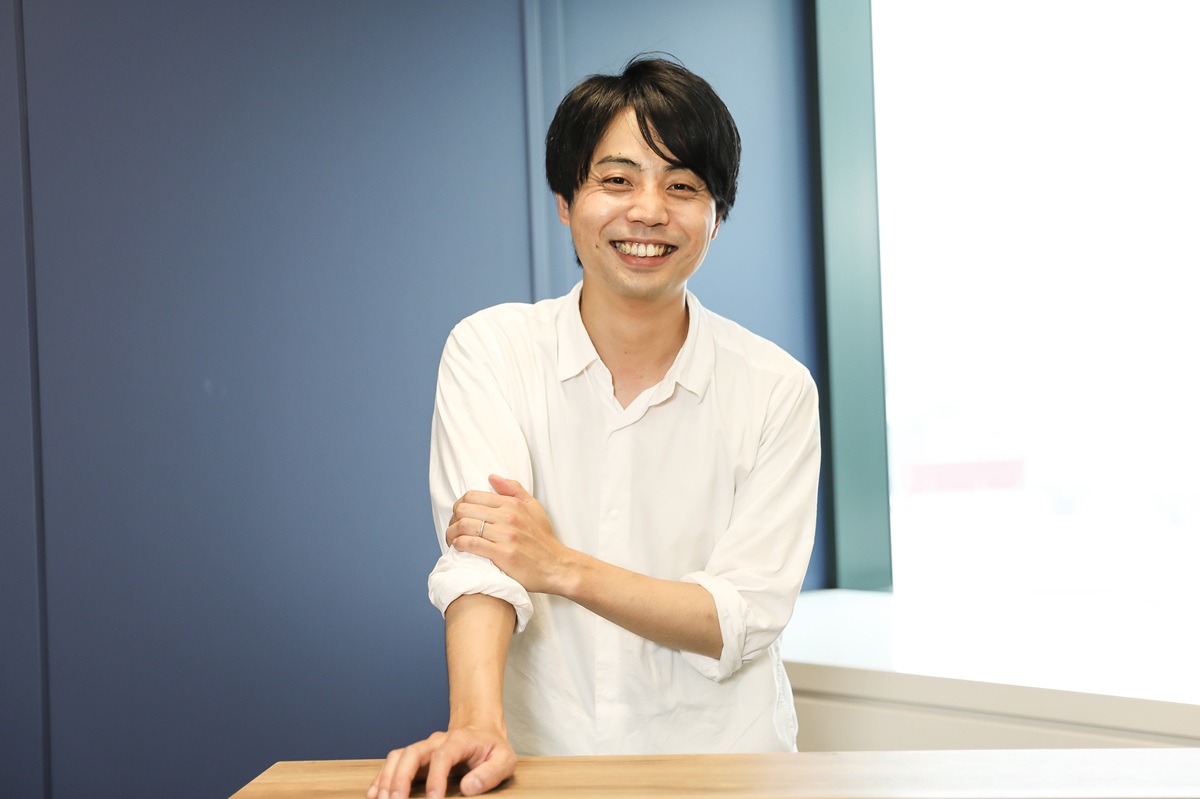
“Management is about human beings.” This is probably the most basic and important phrase of Peter Drucker, often called the father of management. He looked at business and society from a human-centric viewpoint. People are no longer a cost, as they were in the industrial society.
Instead, in today’s knowledge society, people are creators of greater value. Peter Drucker emphasized that every organization is a society of people by itself as well as a crucial part of society as a whole. Therefore, businesses must fulfil their social responsibility.
I have been engaged in creating the Fujitsu Technology and Service Vision since 2012. People have always been at the heart of our vision – whether this is our own employees, our customers, or people in the societies where we operate.
In this way, I think Fujitsu’s vision for the future of business and society is well aligned with Peter Drucker’s management philosophy. Fujitsu’s human-centric approach simply means putting people at the centre of everything. We firmly believe the mission of technology is to empower people so that they can create new value and live happier, fuller lives.
For the last three years, I have had the privilege to speak as part of panel discussions at the annual conferences of Global Peter Drucker Forum. These lively discussions among distinguished thinkers and global business leaders have demonstrated that Drucker’s human-centric management principle is more relevant in today’s business world than ever before.
Having experienced the unprecedented disruption caused by the COVID-19 pandemic, we might dare say the human-centric approach has become even more imperative.
The impact of COVID-19
The pandemic has been a dramatic reminder of the importance of health and well-being of people, including our families, friends, colleagues and community members. Fujitsu’s recent global survey revealed that 87% of business leaders thought that employee well-being had become more important during the pandemic.
Indeed, placing a high priority on employee well-being was one of the top three reasons for organizations to effectively respond to significant change.
How have organizations protected their people? How have they managed to weather the impact of Covid-19? The key is digital. During the pandemic, we have seen the rapid rise of remote working, online shopping, tele-education as well as tele-medicine. All these are enabled by digital technology. The pandemic accelerated digital transformation, making digital a nearly default mode of living and working.
It must also be highlighted that organizations have acted with agility to make the shift. And so have their people. There have been significant changes in people’s behavior, at a level unprecedented in recent years.
Let’s look at the way people live and work. As cities were shut down or placed in a state of emergency, many people shifted to working from home. Home replaced the office, becoming the main place to work. Will people go back to offices once the pandemic is over?
In Fujitsu’s survey, about half of the responded business leaders expected that the employees of their organizations would continue to work remotely over 40% of the time even in the post-pandemic period. It is clear that these organizations are anticipating that hybrid work will become a new norm. It spans physical face-to-face work at offices and digital online work at home.
Management must seriously consider their employees' well-being in order to survive and grow in the extremely uncertain world. Indeed, 89% of business leaders told us that employee well-being would make a big impact on the mid-to-long-term performance of their business. I believe the flexible hybrid work is a very important piece to achieve this objective.
Transition to a human-centric business
Triggered by the pandemic, organizations are accelerating their transition to a human-centric style of business. This is a shift from a traditional rigid structure to a new flexible network of people. To succeed in the post-pandemic world, you need to look at the dynamics of people, instead of sticking to fixed concepts of organizational structures, market segments, and industry verticals.
Everyone is different, but we used to look at the averages of people only. Data and digital technology will enable organizations to connect with each individual, understand them deeply and deliver more inclusive, tailored value. To illustrate the transformation in progress, I would like to introduce a couple of examples that we have described in the Fujitsu Technology and Service Vision 2021.
Let’s look at consumer experience. The pandemic shifted buying behaviors to online. How will customer experience change? In our global survey, 78% of business leaders believed that the offline and online customer experiences would merge seamlessly.
On the other hand, we cannot discount the premium value of physical experiences. Indeed, two in three online organizations and more than half of offline organizations told us the premium value in face-to-face experiences would increase.
It is essential to provide your customers with a borderless, human-centric experience that spans both the physical and digital spaces. By being always connected with customers, you will be better placed to anticipate their potential needs and satisfy them. Continuous analysis of individual behavioral data enables you to predict what a customer might want at a certain place and time.
Next, healthcare is evolving into well-being services that not only treat medical conditions but also improve the health of individuals. It is important to connect personal health data monitored through wearables and behavioral data like eating habits with medical records and genome information. By analyzing the combined data, we can prevent some medical conditions by improving lifestyles and providing more personalized treatment plans.
There are huge opportunities to use data to deliver innovative human-centric value in many different private and public sectors. Obviously, the challenges are security and privacy of data.
To properly protect private data, Fujitsu is developing advanced technologies, for example, a blockchain-based self sovereignty distributed identity technology, multiple biometric authentication technologies, and a new digital trust management technology called Trust as a Service (TaaS) that will ensure the authenticity of business data exchanged between private and public organizations.
Business to Everyone (B2E)
In conclusion, we believe the future must be more firmly oriented around people. Organizations have previously defined themselves as B2C (Business to Consumer) or B2B (Business to Business).
But this new era will be 'Business to Everyone' (B2E), building everything they do around people. B2E requires businesses to focus on the needs of all people, whether that’s employees, customers, or citizens of society at large. B2E is about organizations becoming relevant to everyone.
How can you make the most of this new era? Peter Drucker said "the important and difficult job is never to find the right answer; it is to find the right question." I would like to suggest the following questions to start with.
- Where do you fit in a society as a whole? Who are your key stakeholders and what value will you deliver to them?
- How can you maximize the potential of your people, allow them to collaborate to deliver creative value, and enjoy lives?
- How can you build empathy and trust with your customers and understand what they want to achieve?
The 13th Global Peter Drucker Forum will take place online on November 17 with an additional in-person conference on November 18 and 19, 2021. This year’s theme is ‘The Human Imperative – navigating uncertainty in the digital age’. Fujitsu President Takahito Tokita and I plan to speak there.
I look forward to discussing key questions and finding out best practices together with many of today’s leading thinkers.











